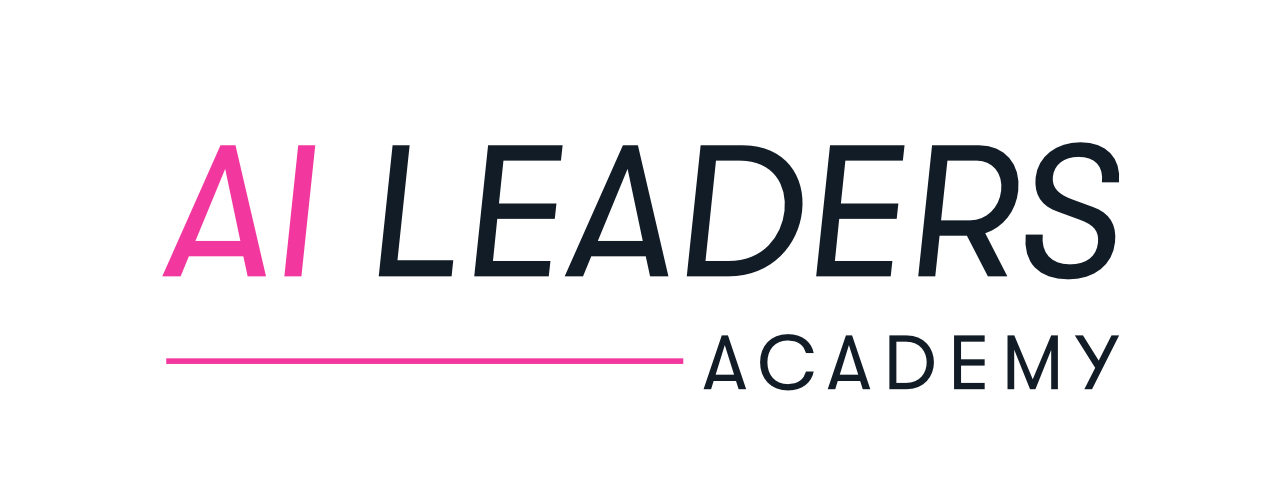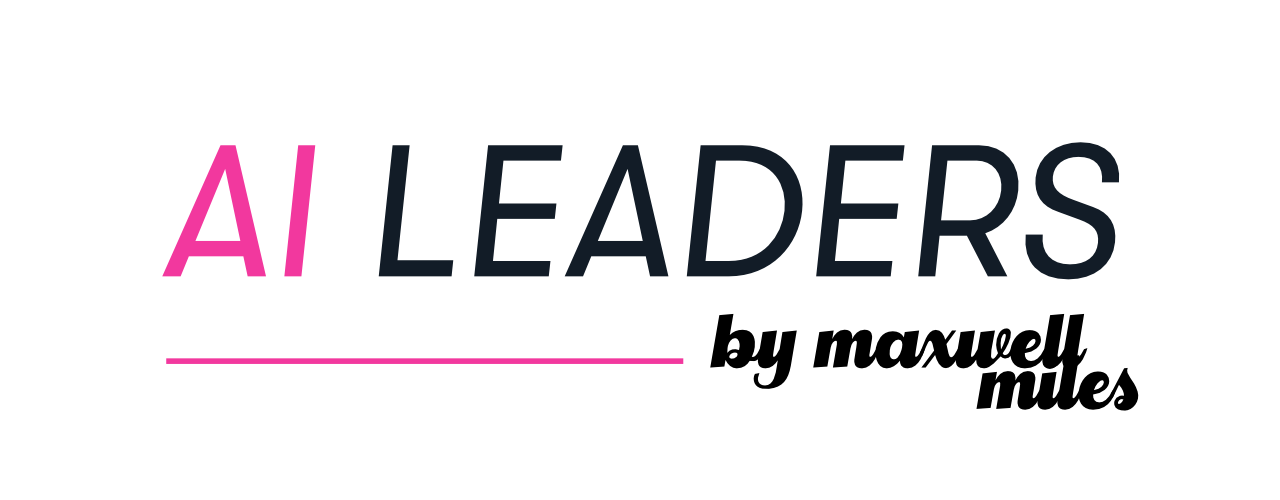TL;DR
Question this article answers:
Key Takeaways
Snapshot: What the 2025 Data Says
The 2025 Landscape: What’s Really Changed
Finance Sector
Legal Services Sector
Manufacturing Sector
Healthcare Sector
Retail Sector
Logistics Sector
The bottom line for business professionals:
Three Obstacles You’re Probably Facing when planning your next move
S.H.I.F.T. - Your 5-Step Game Plan for the AI-Powered Job Market
Common Mistakes to Avoid in your CV/Resume
How to tell if S.H.I.F.T. is working
Next Steps: Your 30-Day Action Plan
AI Survival guide FAQ
Do I need formal AI certifications to stay competitive?
Not always. Employers value proof of applied skills—an AI pilot you led, a prompt library you built—more than a certificate logo. That said, short credentials such as Microsoft’s AI Fundamentals or Google’s GenAI for Business can validate your baseline knowledge and help you clear HR screens faster.
How can I showcase AI projects if I’m not a developer?
Frame them as business outcomes. Example: “Used ChatGPT to automate quarterly board-pack drafting—cut preparation time 30 %.” A one-page before-and-after slide, a short LinkedIn post, or a 90-second screen-share video is plenty to prove impact.
What salary premium can I realistically ask for with AI skills?
So,me recent UK surveys put the average uplift around 15–25 % for roles that explicitly require AI literacy. The bigger the proven impact (e.g., cost savings, revenue gains) the stronger your leverage at the negotiating table.
How do I address data privacy when using chatbots in my job search?
Avoid pasting confidential company data or sensitive personal info into public chatbots. Use redacted placeholders (“£X m budget”) or switch to closed, enterprise-grade AI tools for private content.
Which AI skills translate across sectors?
So many, but there are the big ones:
-
Prompt design—crafting queries that yield useful answers.
-
Data storytelling—turning AI outputs into business-ready insights.
-
AI risk awareness—knowing bias, IP, and compliance pitfalls.
Business use cases - how is AI impacting your industry and area of the business?
Are AI-generated CVs detectable by employers?
Increasingly yes—many ATS tools flag text that looks “synthetic” (overly generic, repetitive phrasing). Use AI for a first draft or keyword help, then rewrite in your own voice and inject specific achievements to stay safe. Always keep you CV based on your experience - don't fabricate using AI.
How fast do AI skills go out of date?
Core concepts (data handling, model limitations, ethical use) can have a multi-year shelf life, but specific tools change every 6–12 months. Plan on a light skills refresh— at AI Leaders Academy we keep our courses up-to-date and add micro-learning articles to the platform to help our course students stay current.
Is “prompt engineering” really a standalone career?
In 2025 it’s mostly a specialised skill, not a permanent job title. Organisations want people who can embed prompt design into wider roles—consultants, analysts, product managers. Treat prompt craft as a turbo-boost to your existing expertise rather than a career destination.
Will AI wipe out mid-level roles in my sector?
No. AI mainly automates tasks, not entire roles. businesses still need human judgement and trust.
Should I list ChatGPT or LLMs on my CV?
Yes—when tied to results. Example: “Used ChatGPT to draft policy templates, cutting review time 30 %.”
What is an ATS system, and why should I care?
An Applicant Tracking System (ATS) is the software most employers use to collect, scan, and rank every CV/resume they receive. It works like a search engine: it looks for keywords (skills, job titles, certifications) that match the role, then scores and sorts applicants before a human ever looks at them. If your résumé doesn’t include the right words—or is formatted in a way the ATS can’t read—you may be screened out automatically. That’s why a skills-focused, keyword-matched CV is crucial in 2025’s AI-driven hiring process.
How do I get through AI-driven ATS systems?
Mirror keywords from the job ad, keep formatting simple, and lead bullets with numbers (e.g. “Saved £250 k”).
Which non-tech skills still matter most?
Adaptability, communication and critical thinking top LinkedIn’s 2025 “Skills on the Rise” list—especially when paired with AI literacy.



